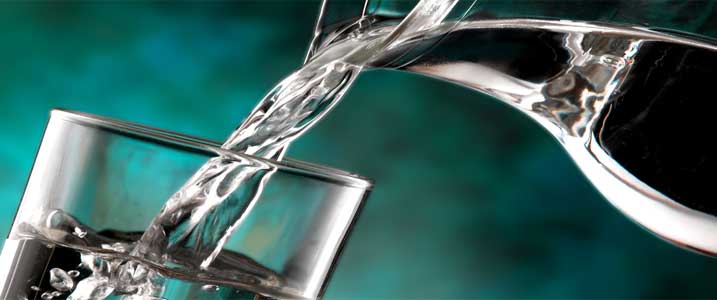
What type of water should I drink?
When choosing a kind or brand of water to drink, four important questions need to be considered:
- Is it purified?
- Is it chemical free?
- Is it alkaline?
- Is it super-hydrating?
- Does it contain a high negative ORP?
Water choices consist of tap water, filtered tap water, distilled water, reverse osmosis water, ionized water, and many versions of bottled water.
Tap Water
Tap water is alkaline but may contain up to 60 legally allowable chemicals including chlorine and chlorine by-products.
Reverse Osmosis & Distilled
Reverse osmosis and distilled waters are stripped of much of their water value and are, at best, somewhat acidic.
Bottled Water
Most bottled waters are acidic, as well. Those that are not generally include alkaline buffers that have been added. The few brands that are actually considered alkaline spring water (without buffers) are the most expensive but are some of the best bottled waters available.
What’s Best?
In regard to health value, only ionized water contains all of the properties necessary to maintain optimal blood and tissue pH levels with super-hydrating and oxidation reduction benefits.
Ionized water can be produced from tap water (or ground water) by a water ionizer. These are generally counter tap units (some weighing as little as 8.5 pounds), which convert source water (tap or ground) into re-structured, alkaline, oxygenated water with a high residual mineral content. This is done through a process called electrolysis, which was first perfected in Japan in the early 1960’s. This process separates the source water into alkaline and acid waters imparting the alkaline water with active hydrogen (hydrogen molecules with an extra electron) and negative electrical charge, giving the water its oxydation reduction potential or ORP.
By the mid-1960’s ionized water was approved for medical use in Japanese hospitals and clinics. Today, more than 30 million people in Japan have access to ionized water from home units or other sources. Only recently have cost effective water ionizers been introduced into the U.S. markets and consider this: if you spend at least $5 a day on bottled water, purchasing a water ionizer would pay for itself in only 10 months.
The role water plays in our everyday health cannot be overstated. Water composes nearly 75% of all muscle tissue over 80% of our blood, and 90% of our brain. Almost all biochemical reactions that occur in body cells depend on water—and normal metabolic activity can only occur when cells are at least 65% hydrated. Water is also essential for whole body thermoregulation and enhanced auto-immune function. So choose your water wisely when setting up your dietary regimen. If you are a “water purist,” you may want your water to be oxygenated and cost efficient, as well. But overall, the “type” of water you choose is essential for optimal health.









